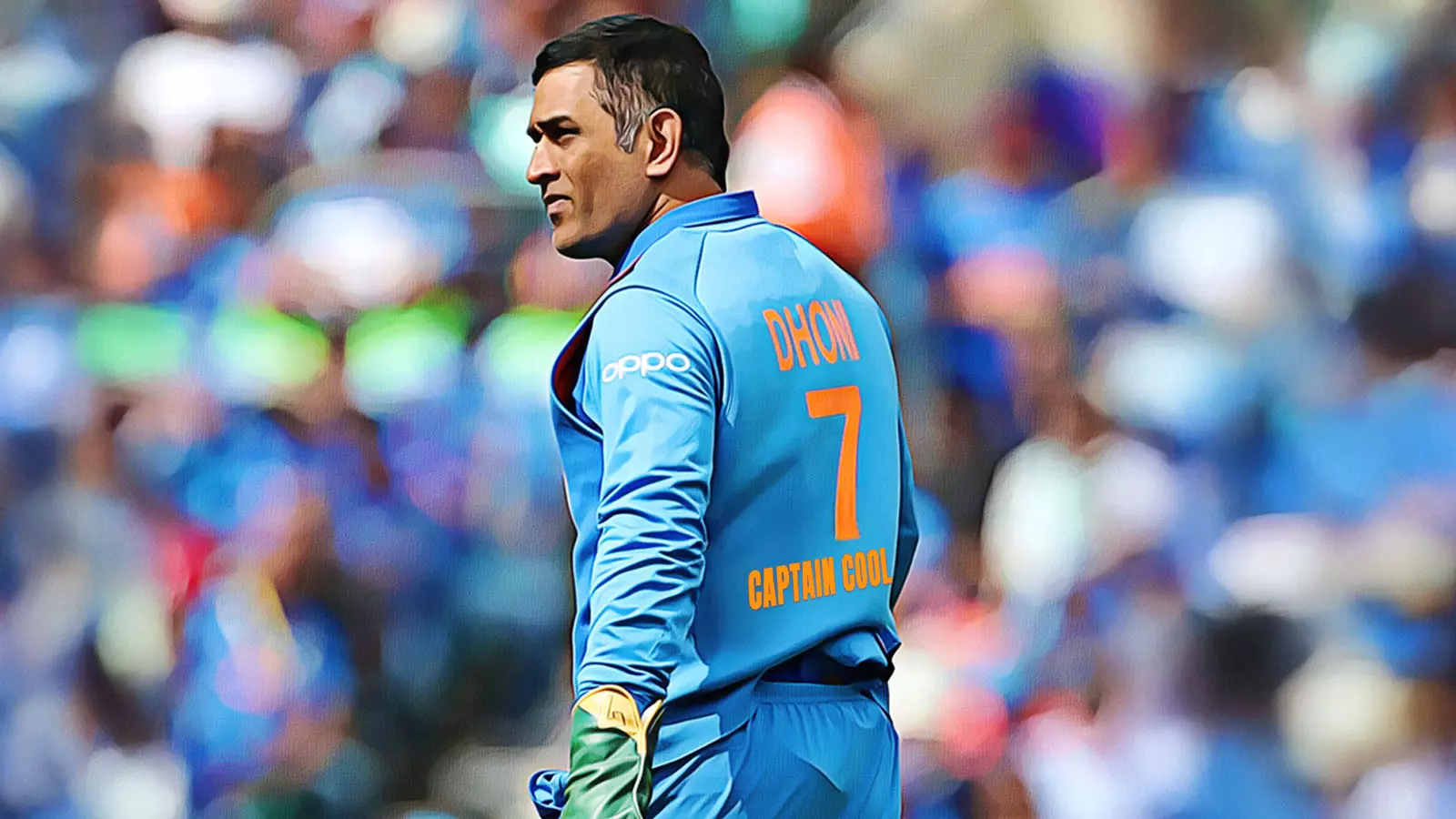
- Home
- India
- World
- Premium
- THE FEDERAL SPECIAL
- Analysis
- States
- Perspective
- Videos
- Sports
- Education
- Entertainment
- Elections
- Features
- Health
- Business
- Series
- In memoriam: Sheikh Mujibur Rahman
- Bishnoi's Men
- NEET TANGLE
- Economy Series
- Earth Day
- Kashmir’s Frozen Turbulence
- India@75
- The legend of Ramjanmabhoomi
- Liberalisation@30
- How to tame a dragon
- Celebrating biodiversity
- Farm Matters
- 50 days of solitude
- Bringing Migrants Home
- Budget 2020
- Jharkhand Votes
- The Federal Investigates
- The Federal Impact
- Vanishing Sand
- Gandhi @ 150
- Andhra Today
- Field report
- Operation Gulmarg
- Pandemic @1 Mn in India
- The Federal Year-End
- The Zero Year
- Science
- Brand studio
- Newsletter
- Elections 2024
- Events
- Home
- IndiaIndia
- World
- Analysis
- StatesStates
- PerspectivePerspective
- VideosVideos
- Sports
- Education
- Entertainment
- ElectionsElections
- Features
- Health
- BusinessBusiness
- Premium
- Loading...
Premium - Events

This precedent of MS Dhoni would mean that Sachin Tendulkar can trademark ‘Master Blaster’ or Sunil Gavaskar ‘Little Master’
Indian cricket team’s former captain Mahendra Singh Dhoni, who successfully registered the phrase or adjective ‘Captain Cool’ as his personal trademark in June, will, in all likelihood, get entangled in various trademark-related issues in future, while bringing him little credit or additional brand value, according to experts.
Also read: Dhoni on retirement: ‘Not saying I am done, not saying I am coming back’
The Senior examiner of trademark issued the following statement while accepting Dhoni’s plea filed in 2023: “The applicant Mr. Mahendra Singh Dhoni, a renowned public figure and former captain of the Indian national cricket team, is widely recognized…by the sobriquet ‘CAPTAIN COOL’. The phrase ‘CAPTAIN COOL’ is closely and uniquely associated with the applicant’s persona and has acquired a distinct secondary meaning in reference to him in the context of sporting and entertainment services.”
Only one objection
This was published in the official journal of the Trademark registry on June 16. Filed under Class 41, the application covers services related to education, entertainment, sports, coaching, and training.
There was only one objection from a company that also uses ‘Captain Cool’, but it was brushed aside.
Also read: When a precious cow becomes more important than a tiger
The trademark is not about any product but services relating to a wide range of activities, including education, entertainment, and sports. This means that Dhoni can challenge any school, club, which uses ‘Captain Cool’ as a name or title for an event or festival. Obviously, Dhoni sells no product by the name and it is just a phrase used to describe many cricketers and sportsmen, though it was used extensively for Dhoni. This precedent would mean that Sachin Tendulkar can trademark ‘Master Blaster’ or Sunil Gavaskar ‘Little Master’. Going a bit further, Cristiano Ronaldo can trademark ‘Siuu’, his well-known celebration after scoring a goal.
Cases against Dhoni
There can be no doubt that Dhoni, who is now entangled in various cases relating to his sponsorship by a real estate company Amrapali group, which went bust by siphoning off funds, is inviting unnecessary legal tangles by trademarking a phrase and not a distinguishable product. So will a newspaper which uses the adjective ‘Captain Cool’ for new captain Shubman Gill run into trouble?
Also read: Make English ubiquitous for it to shed its halo of power and privilege
Dhoni and legal troubles have a long history and is he adding on to that with an unnecessary trademark registration? There are several other pending endorsements and business cases involving Dhoni, legal battles that could last for years. The Supreme Court accused the Amrapali group of “committing a first-degree crime” by siphoning off funds paid by customers for flats mostly in Noida. Dhoni was the brand ambassador of the group and after the company went bust by siphoning off funds, he filed a case claiming Rs 150 crore as dues from Amrapali, though he was accused of being hand in glove with Amrapali. That is not all. A court-appointed audit found that the group used accounts belonging to Dhoni and his wife Sakshi Dhoni to divert funds paid by flat buyers. This is by any standards a major crime though Dhoni and his wife have denied this charge. The audit had also found that Rhiti Sports management, which manages Dhoni, has signed various sham agreements with Amrapali. “The audit report contends that the Rs 6.52 crore paid by Amrapali Sapphire Developers to Rhiti Sports actually belonged to home buyers and so, was illegally diverted,” according to a report in India Today. The Supreme Court had taken the flats of Amrapali and handed over to National Building Construction Corporation (NBCC) for completion and handing over to those who have paid.
Audacious move
It is in the middle of this long, drawn-out legal battle that Dhoni has trademarked a phrase, which is an audacious move, no doubt. No sportsman has made such a move without even a product to show off. A perusal of legal texts makes it clear that a phrase like ‘Captain Cool’ too will land up in courts quite easily.
1. The main legal test in a trademark is its distinctiveness. “An identifying mark (like Captain Cool) is capable of being protected if it either is inherently distinctive or has acquired distinctiveness through secondary meaning.” It will be difficult to protect this trademark in wide areas of activity like entertainment, sports and education.
2. ‘Captain Cool’ as a trademark can be questioned in courts because it is capable of deceiving the public and can cause confusion under section 9 of the Trademarks Act 1999.
3. Also, under another ground ‘Captain Cool’ should have been denied registration because “marks that are devoid of distinctive character, i.e., not capable of distinguishing the goods or services of one person from those of another shall not be registered”. Any player or captain, or military personnel can come up and claim that the phrase was used to describe him and show newspaper reports to prove it.
4. ‘Captain Cool’ can also be written as ‘Kaptain Kool’ by another sports club or school, or company, which will bring Dhoni to the courts again.
Such a trademark was not needed for Dhoni since his name itself acts as a distinctive trademark recognisable throughout India and the cricketing world. While Dhoni may remain cool in the face of all the legal issues that he faces now, this trademark could invite unnecessary trouble for him to defend it.
(The Federal seeks to present views and opinions from all sides of the spectrum. The information, ideas or opinions in the articles are of the author and do not necessarily reflect the views of The Federal)


